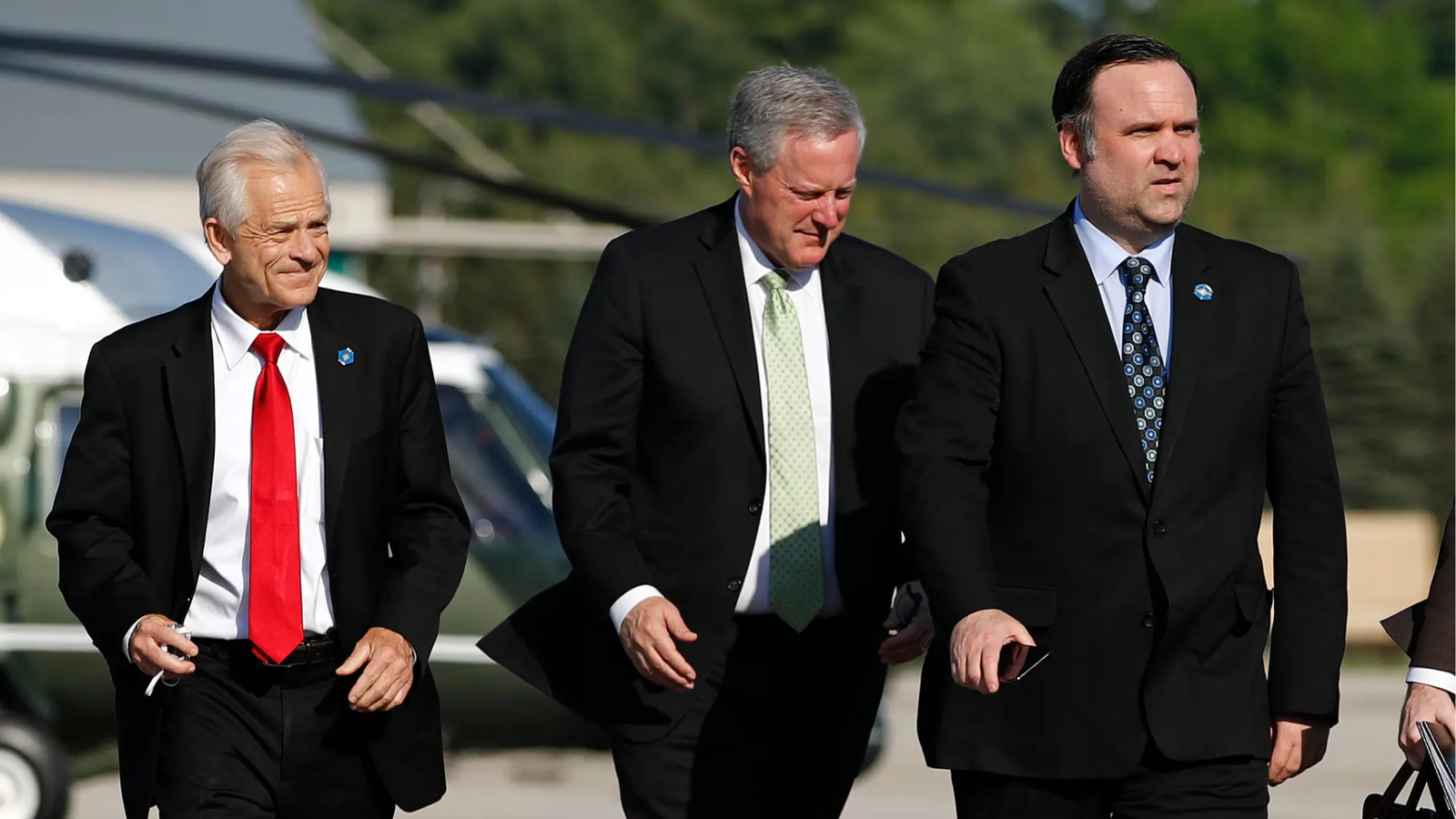
President Donald Trump held a 90-minute phone call with Russia President Vladimir Putin on Tuesday, focusing on efforts to make a ceasefire deal to end the war between Russia and Ukraine and exploring ways to improve relations between the United States and Russia.
Key Points from the Call
• According to a readout released by White House Press Secretary Karoline Leavitt, the two leaders discussed the urgency of reaching a ceasefire and achieving lasting peace in Ukraine.
• Both agreed that the ongoing conflict had exacted a heavy toll on both Russia and Ukraine and that resources should be redirected toward the welfare of their respective citizens rather than continued warfare.
“Today, President Trump and President Putin spoke about the need for peace and a ceasefire in the Ukraine war. Both leaders agreed this conflict needs to end with a lasting peace,” Leavitt stated. “They also stressed the need for improved bilateral relations between the United States and Russia. The blood and treasure that both Ukraine and Russia have been spending in this war would be better spent on the needs of their people. This conflict should never have started and should have been ended long ago with sincere and good faith peace efforts.”
Ceasefire and Peace Negotiations to Begin
A significant development from the conversation was the leaders’ agreement to take immediate steps toward a ceasefire. The first phase will focus on a halt to attacks on energy and infrastructure, as well as discussions on implementing a maritime ceasefire in the Black Sea.
“The leaders agreed that the movement to peace will begin with an energy and infrastructure ceasefire, as well as technical negotiations on implementation of a maritime ceasefire in the Black Sea, full ceasefire, and permanent peace,” Leavitt continued. “These negotiations will begin immediately in the Middle East.”
While the details of the negotiations were not immediately disclosed, the emphasis on the Middle East as a location for talks suggests that neutral ground was chosen to facilitate discussions.
Middle East, Strategic Weapons, and U.S.-Russia Relations
Beyond Ukraine, the two leaders reportedly discussed broader geopolitical issues, including the importance of preventing future conflicts in the Middle East. The conversation also touched on nuclear and strategic weapon proliferation, with both agreeing on the necessity of measures to prevent their spread.
Leavitt highlighted that Trump and Putin shared the view that “Iran should never be in a position to destroy Israel.” This statement signals a potential area of cooperation between the U.S. and Russia on addressing security threats in the region.
In addition to addressing military and security concerns, Trump and Putin also discussed the long-term benefits of improving U.S.-Russia relations. Both acknowledged that a strengthened relationship between the two nations could lead to “enormous economic deals and geopolitical stability once peace has been achieved.”

Following the call, a Russian source familiar with the conversation told CNN that it went “very well,” while White House Deputy Chief of Staff Dan Scavino noted that the talks were “going well” earlier in the call.
One of the most immediate effects of the discussion appears to be a temporary halt in Russian attacks on Ukrainian energy infrastructure. The Financial Times reported that Putin had ordered Russia’s military to suspend such attacks for 30 days, a move that aligns with Trump’s push for a ceasefire.
However, while Putin reportedly reacted positively to Trump’s suggestion of halting attacks on Ukraine’s power plants, the Kremlin remained skeptical of the broader U.S.-backed proposal for an unconditional 30-day ceasefire in Ukraine.
A Kremlin readout indicated that the Russian president believed the proposal contained “significant issues” related to enforcement and expressed concerns about whether Ukraine would adhere to the terms of such an agreement.
This remains a developing story. Updates will follow as more information becomes available.

